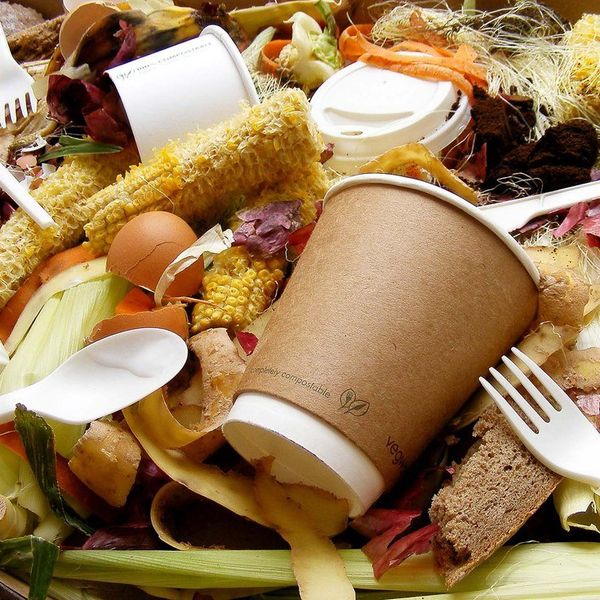Growing up in the mountains as a curious young boy has left me with many memories; not to mention the scars from those adventures. It wasn't uncommon for me to be in the woods building tree forts or pretending to be fighting off enemy armies with my brothers. My dad sometimes came along with us on our romps through the forest around our home and took us hiking in many state and national forests nearby. From him I learned many valuable skills and lessons that I still hold close today. He showed us how to start a fire, how to fell a tree without harming its neighboring trees. More importantly, he taught us to realize that we are so insignificant to the natural cycles of the Earth and how to respect the world that we live in and every plant and animal in it.
My fathers mindset is that of a dying breed. In past centuries, humans relied on the Earth for life, and took only what they needed from it. When the Arapaho Indians killed a buffalo in the Great Plains, they would first thank the beast for giving his life so that they could continue living theirs. When processing the animal, they would use every bit of his body in some way or form, and let nothing go to waste.
Today, it isn't too hard to notice how disregarded the world has become to most people. Soda bottles and fast food debris line nearly every road I drive on, and I live in a rural area. When you travel into a more populated region, there's more and more waste carelessly strewn about. I recently went paddling down the French Broad River and was thoroughly unsurprised to see garbage trapped in reverse currents and even a washing machine sticking out of the mud. What bothered me more than the trash itself was how used to the sight I was. As a society, humans have become so accustomed to seeing it that it has almost become part of the landscape to us. I can guarantee if an Arapaho tribe member were to take a walk in today's world, he would surely have a heart attack.
The fact of the matter is, there's just too much garbage out there. Even if I picked up trash all day, everyday for the rest of my life, there would still be billions of tons of waste in improper facilities. The stuff is nearly everywhere; I've been backpacking in very remote wilderness areas and have found signs that someone had been there before I had. It's easy to see that humans have left their mark on this planet, and sadly, it isn't for the better.
"So what?" you might be thinking. "I put my trash in a garbage can, and I make sure to separate my recyclables. I can't police people that don't do the same."
Truthfully, you can't. Sometimes it isn't ones place to take matters into their own hands. Imagine if you walked around Boone with handcuffs on your belt and a citation book watching for litterbugs to write up. You would be protested and become easily the most hated person in town; even more hated than the real police force.
Fortunately there are some actions you can take to battle the ever-growing eyesore of unwanted litter. If you're walking on a sidewalk and see a piece of trash, pick it up. If you see the person who dropped it, you don't necessarily need to question them, it could have been on accident. Properly separate your recyclables and take them to a facility that will do the hard work of turning it back into usable products. Use a Nalgene or some other sort of washable bottle; by doing this you can eliminate thousands of plastic water bottles. And if someone asks you why you're doing these things, tell them your reasons. It may change their opinion and motivate them to do the same.
This is the only planet that we have, and we cannot let it become inhabitable for human life. If the Earth dies, then we will die along with it. My father taught me many things as I was a child and the Earth was always important at some level in his lessons. Taking care of our world is a practice that we can all take on even in the smallest ways, even by simply picking up that soda can on the side of the road.





















